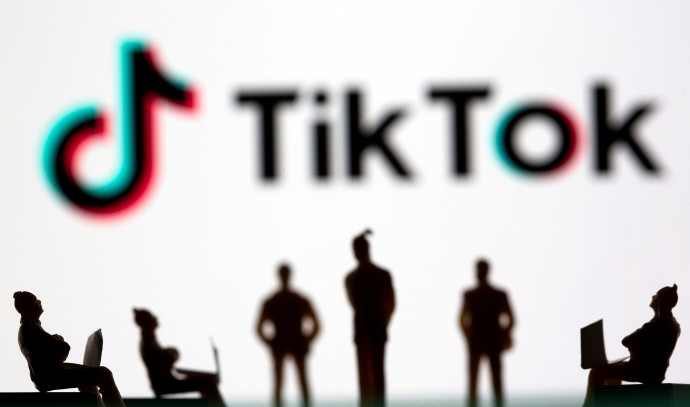TikTok, the hugely popular social media app, has become a central point of contention between the United States and China. Senator Marco Rubio, the top Republican on the Intelligence Committee, expressed concern over allowing the Chinese Communist Party to control one of America’s most popular apps for years. He supports a new law that would require the Chinese owner of TikTok to sell it.
The Chinese Foreign Ministry criticized the legislation, stating that there is no evidence that TikTok poses a threat to national security. However, recent actions by Beijing, such as ordering Apple to remove certain platforms from its app store, reflect ongoing tensions between the two nations. The battle over TikTok is just one aspect of a larger conflict over technology and internet regulation between Washington and Beijing.
TikTok plans to challenge the legislation on First Amendment grounds, asserting that it protects freedom of speech and expression. The company is prepared to go to court to block the legislation while emphasizing that it has not shared US user data with the Chinese government. Despite opposition from some lawmakers, including Senator Elizabeth Warren who argued against banning TikTok outright, the bill was quickly approved by lawmakers and signed into law by President Trump in early August 2020.
The bill provides ByteDance with a limited timeframe to sell TikTok’s US operations or face legal consequences for violating US law. Critics argue that selling TikTok may not be feasible within this timeline and could result in a ban on the app altogether. This raises concerns about censorship and its potential impact on young voters in upcoming elections in November 2020. The bill’s passage has implications for future technology regulation and international relations between Washington and Beijing.
In conclusion, while some argue that censoring or banning apps like TikTok may help prevent foreign espionage or cyberattacks against American interests, others worry about limiting free speech online and damaging US-China relations further.
In a recent Senate debate, Marco Rubio said: “We cannot allow China to have access to sensitive information about our citizens through popular social media apps like TikTok.” While he acknowledges concerns about censorship and privacy violations associated with such measures, he believes they are necessary for national security purposes.
As tensions continue between Washington and Beijing over issues ranging from trade disputes to territorial claims in Asia Pacific region,
the debate over regulating foreign-owned tech firms operating in America remains a complex issue with significant implications for both countries’ economies and geopolitical standing in global affairs.
Overall, while there are legitimate concerns about national security risks associated with foreign-owned apps operating within American borders,
